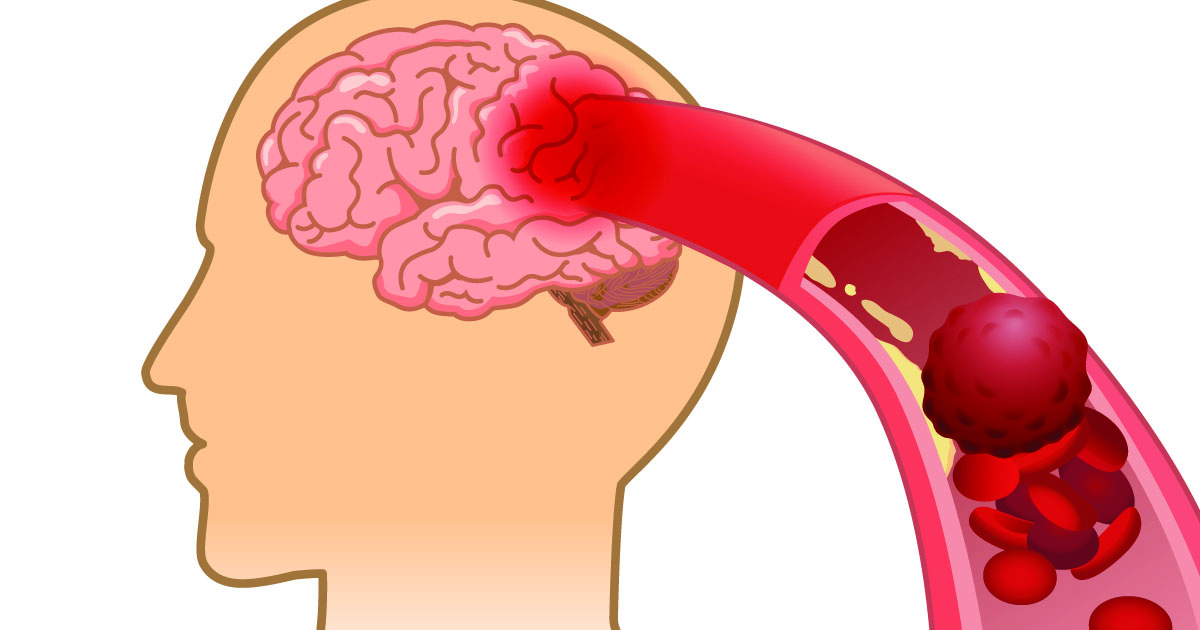Beat the Bloat: Fix Your Bloated Stomach in Just 24 Hours
Why do we get bloated stomachs?
There are many causes of a bloated stomach, and as a result, it’s a problem that can affect almost anyone. So what is the actual issue?
Here is a list of simple reasons why you might have a bloated stomach:
- Menstruation or issues related to other hormonal changes
- Dieting in things like bread, dairy, and milk
- Allergies
- Your body’s inability to digest proteins properly
- Stress
- Dehydration
- Constipation
How to prevent / get rid of it
Drink lemon water
A good way to kickstart your digestive system in the morning is by drinking hot lemon herb first. The citrus fruit, though not to everyone’s taste, is a staple in many people’s homes. Always good to have on hand, so.

Fluid retention
A common cause of stomach discomfort is fluid buildup in the abdomen. This can give you a swollen/bloated feeling and temporary weight gain.
Try to eat foods heavy in fiber and potassium – bananas for example. This can help the body get rid of excess fluid and therefore alleviate symptoms.
Quinoa
Quinoa is packed with beneficial minerals, including calcium and magnesium – two substances that are helpful in aiding a bloated stomach.

Avoid ‘wrong’ fibers
You may be extra sensitive to fibers if you regularly get a bloated stomach. This is especially possible if your diet is high in fiber-rich foods like coarse bread, beans, and cabbage.
Instead, opt for ‘soluble’ fibers that strengthen the gastrointestinal mucosa. Examples include oatmeal, legumes, vegetables, root vegetables, fruits, and berries.
Stop consuming dairy products
If you feel any discomfort/change after consuming dairy products, then stop eating them.
You can eliminate things like yogurt, cheese, and milk from your diet if you think it’s an issue. This is quite common, so it might be worth a try.
Eat tropical fruits
Papaya and pineapple are reportedly the best fruits to help you get rid of a bloated stomach.
They contain papain and bromelain, two enzymes that help digest proteins and break down food.

Read labels
Some vitamin supplements nowadays contain additives, including wheat and lactose. This can, of course, be a big issue if you’re sensitive to lactose or gluten.
Both can cause stomach issues. Check the labels and make sure that any supplements or medications you take don’t contain gluten, lactose, sugar, or other things that your body is likely to struggle with.
And most importantly: try not to stress!
Remember that your stomach often negatively reacts to stress. It goes without saying that this is exacerbated if you lead a stressful lifestyle. Issues are often caused by stress, rather than problems with your stomach itself. Do your best to take it easy and always take care of yourself!

If you have issues with a bloated stomach, don’t ignore them for days/weeks/months.
By paying attention to the warning signs, you can overcome your problems and prevent them from getting worse.
Chances are someone on your Facebook friends list might have stomach issues. Share this article so they can read about the problems and solutions!




